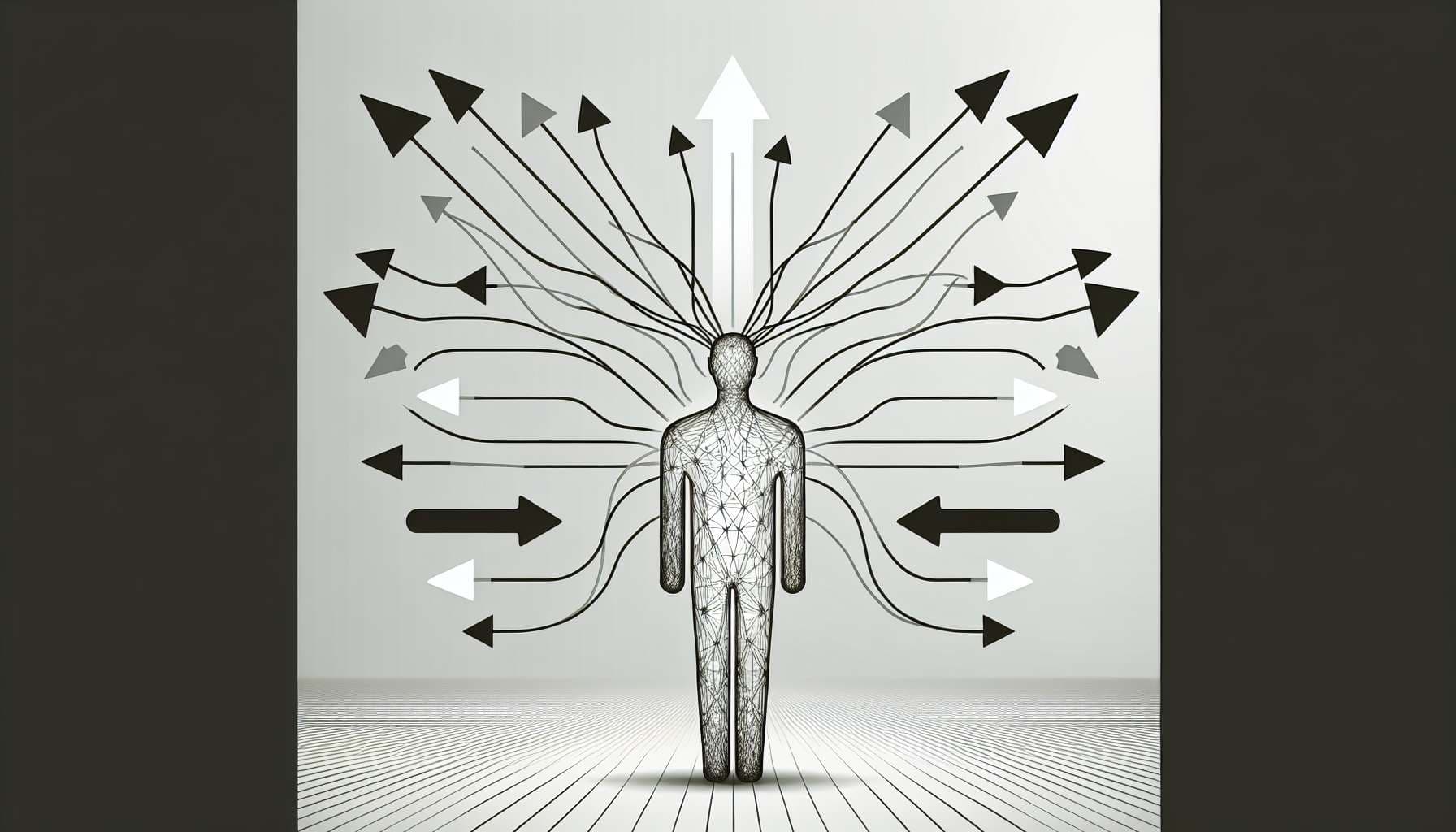
A common concern is that a superintelligence would be able to "hack" a human into obeying it. This could happen either by it employing superhuman persuasion to get the human to think it's a good idea, or by finding some adversarial attack that uses a specific pattern of data to hijack the human's brain, like can happen with image models.
We already know that weak forms of this can occur; optical and auditory illusions and hypnotism are similar. (The McCollough effect in particular can cause visual hallucinations for months just by viewing a weird picture once.) But optical/auditory illusions affect visual/audio processing only and can be overridden by the rational mind, and hypnotism can only affect the subject in minor ways with their consent. We also have suicide cults, which are probably the most similar example we know for sure to be real, but they need significantly more time and effort to take someone over.
This market resolves YES if it's shown that there exists some information input stream into a human (only visual and auditory input) that can get them to perform actions that they would otherwise believe to be very harmful, such as shooting themselves with a gun. It does not have to be capable of overriding instinctual responses, such as flinching away from pain, only rational ones. In order for this market to resolve YES, it must work on at least 50% of humans, be executable in under a week, and be executable despite the human's knowledge that this might be done to them and that the entity executing it is an AI. It must work to get them to perform almost any planned-out behavior, not just a small subset.
@osmarks problem is this is a never resolve market. Proving a negative like that is near impossible and, as you correctly mentioned, a Yes resolution would likely be catastrophic enough for internet points to not matter anymore.
direct threat or coersion aren't in the spirit of this market, given the examples of hypnotism and suicide cults.
the final paragraph has resolution criteria of it being something knowingly "very harmful" so the examples of power of suggestion to visualise something or different ways of calling upon memory aren't in line with the thought experiment here either..
You seen Derren Browns tv shows where he does exactly this. He claims he is an illusionist/mentalist who also selects from the participants in his tricks, those who he sees as vulnerable to his "hacks".
If "average person" is what you're looking for being applicable, then the AI needs to be trained in a totality of "dark" persuasion plus needs access to such average persons data, sufficient data that they can be manipulated. Sufficient application to the surface area in their day to day activities that arbitrary rather than merely inconsequential manipulation can be accomplished.
They have to be evil Facebook etc
@IsaacKing he's an illusionist in his own words so he's not credible by his own description of his act
But I think the things he's referencing as being in play in his act, if not the primary causes of outcomes in the act (not bribery/decoys), are real.
"The Algorithm" is blamed for a lot of societal crazy today, without being a hacking platform for targeted manipulation. Seems possible that could be weaponised, at the individual scale given enough surface area in an individuals cognitive environment
@mariopasquato Evolution is not an intelligent optimization process, it gets stuck in local optima. No reason humans would have figured out everything about other humans if incremental changes don't yield incremental improvements.
@IsaacKing true, we could be in a local minimum. Still imagine how much fitness you would gain by hacking other humans, no matter what the conditions of the environment are. I suspect there cannot be much low hanging fruit that evolution did not pick.
@mariopasquato That seems false? Just look at all the machinery and computing systems we have now that outperform humans at various tasks; evolution didn't come across those.
The hack to a human could require inputs that a human can't provide, such as millisecond-precision sounds or pixel-perfect displays.
@IsaacKing sure cars and fridges and bombs are far removed from any local minimum where evolution can conceivably be imagined to start from to be found at any time but if there is an image that, if looked upon, lets anyone reprogram my behavior, it should be a simple job to evolve it as a fur patch or something (as long as partial versions of it still kinda work). Basically what you say in your second paragraph